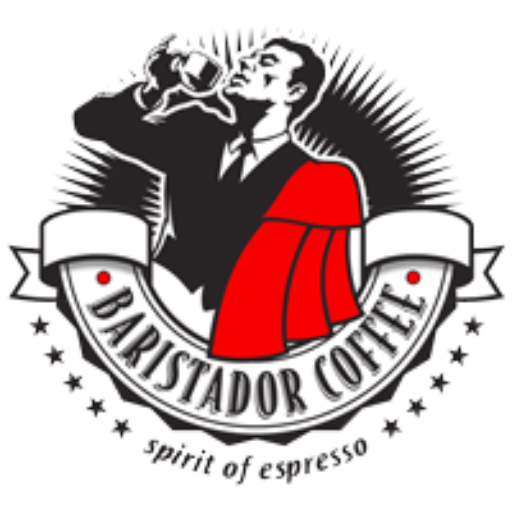Is it best to have coffee breaks at your desk or away from your desk? And do they help or harm productivity?
There must be something in the beans this week because I slotted this topic into my article schedule midweek and lo and behold The Sunday Mail (Qld) does a similar article on my publishing day (thanks to Adrian K Hall for alerting me).
As usual, The Sunday Mail like any tabloid, is as subtle as a sledgehammer. The headline reads Serial coffee offenders a productivity problem for Queensland businesses. As you will see, it goes straight for the alarm bells even though their own article renders such an a approach as disingenuous (thank you, Rupert and co).
Let’s start at the beginning: where and when should coffee breaks take place?
During a coffee break midweek I stopped myself from dutifully returning to my desk with my cup and forced myself to linger. I really enjoyed the coffee (Baristador of course) much more and that elation lifted my whole demeanour. Upon returning to my desk I was emboldened to tackle the waiting tangle of tasks with increased fervour.
That experience is not offered as evidence that actually pausing to enjoy your coffee increases productivity, however it is supported by the trailing, almost buried comment in the Sunday Mail story by workplace and teamwork expert Dr Nicole Gillespie, who is quoted as saying , “there’s evidence to support the view that having regular breaks can enhance productivity.”
So regular breaks are good for productivity, coffee is known to stimulate the brain and, unlike smoking breaks, coffee drinkers don’t spit coffee grounds over fellow workers, into gutters, and into soft-furninshings and clothing.
So far, so good for the enterprise and for a coffee lover’s colleagues.
Whether or not you agree with me that pausing to enjoy your coffee away from your desk is practical I think is determined by a different factor; what you drink!
Coffees aren’t coffees
For me, there is a distinction needed here between short black/espresso drinking and long, milk-based coffee drinking. And it is this sort of distinction that we shouldn’t expect tabloid journalism to understand.
As an espresso evangelist who only drinks short blacks or ristrettos, the time taken for me to pause and enjoy the coffee is a minute and a half; two to three sips and the shot of heavenly essence has been consumed. Compare this to a latte and we are looking at 5-10 minutes, an increase that The Sunday Mail, had it considered different types of coffee drinks, would have reported as a 500 to 1000 per cent increase in consumption time (bet they’re regretting having missed that angle).
With this distinction in mind, how do we fairly embrace the issue of coffee breaks?
… one or two coffee ‘meetings’ a day … while discussing projects or other work issues, can be helpful for all involved
I would argue that one or two coffee ‘meetings’ a day in which key staff pause properly for a coffee while discussing projects or other work issues, can be helpful for all involved. But if a coffee drinker does ‘need’ or want any more, a minute or two for using an inhouse coffee machine and returning to one’s desk to sip while working is probably a fair compromise.
Of course, this Sunday Mail article and my own musings assume everybody is an office worker. Perhaps it is because this is an office worker ‘issue’. So it is worth acknowledging that the approach to breaks and those involving coffee will be different in different industries. Airline pilots would have people bring them coffee. Production line personnel would need to restrict their consumption to planned breaks. Journalists could base themselves in a cafe all day!
How do you successfully integrate coffee breaks into your work day?


It’s all about focus. Your point regarding drinking times is valid, but I think it is a minor point to the argument.
The difference is whether it is enjoyed for it’s own sake (be it espresso, latte, chai, a smoothie, hot buttered scone, even a pipe or cigar), or it’s a drink you happen to consume while doing something else. The anticipation, distraction and satisfaction involved in mentally changing gear on a ‘real’ break is akin to meditation; it refreshes the mind and makes the 9-5 much more enjoyable.
Brett, I agree. I believe that most of us enmeshed in busy lives are not that good at being ‘in the moment’ and that an anticipated and enjoyed momentary treat like an espresso (or a scone, etc, as you say) does help us change gear and freshen up for the next part of the day.